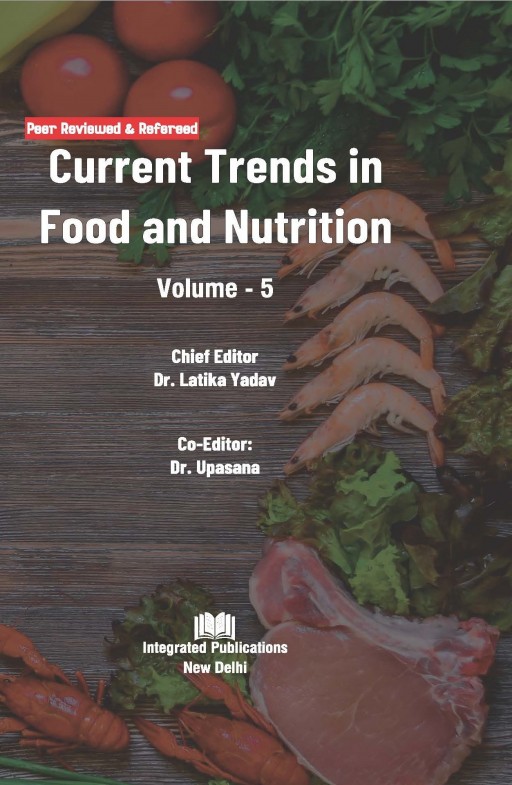The Gut Microbiome and Human Health


The gut microbiome, a complex ecosystem of billions of bacteria that reside in the human gastrointestinal tract, is crucial to maintaining overall health. This microbial community influences many physiological processes, including digestion, metabolism, immune system function, and even mental health, through the gut-brain axis. A balanced microbiome promotes nutrient absorption, synthesizes essential vitamins, and regulates immune responses, whereas dysbiosis, an imbalance, has been linked to a variety of illnesses, including autoimmune diseases, metabolic syndromes, cardiovascular conditions, mental health issues, and gastrointestinal disorders. Genetics, lifestyle, nutrition, and antibiotic usage are some of the factors that influence the composition and function of the gut microbiome. Microbial equilibrium has been shown to be supported and restored by interventions such as probiotics, prebiotics, and customized therapies. The therapeutic potential of the microbiome is demonstrated by emerging treatments such as personalized probiotics and faecal microbiota transplantation. The growing significance of the microbiome as a target for therapeutic and preventive approaches in contemporary medicine is highlighted in this abstract. The gut microbiome has the potential to revolutionize how we treat illnesses and promote wellness, opening the door to better human health with further study